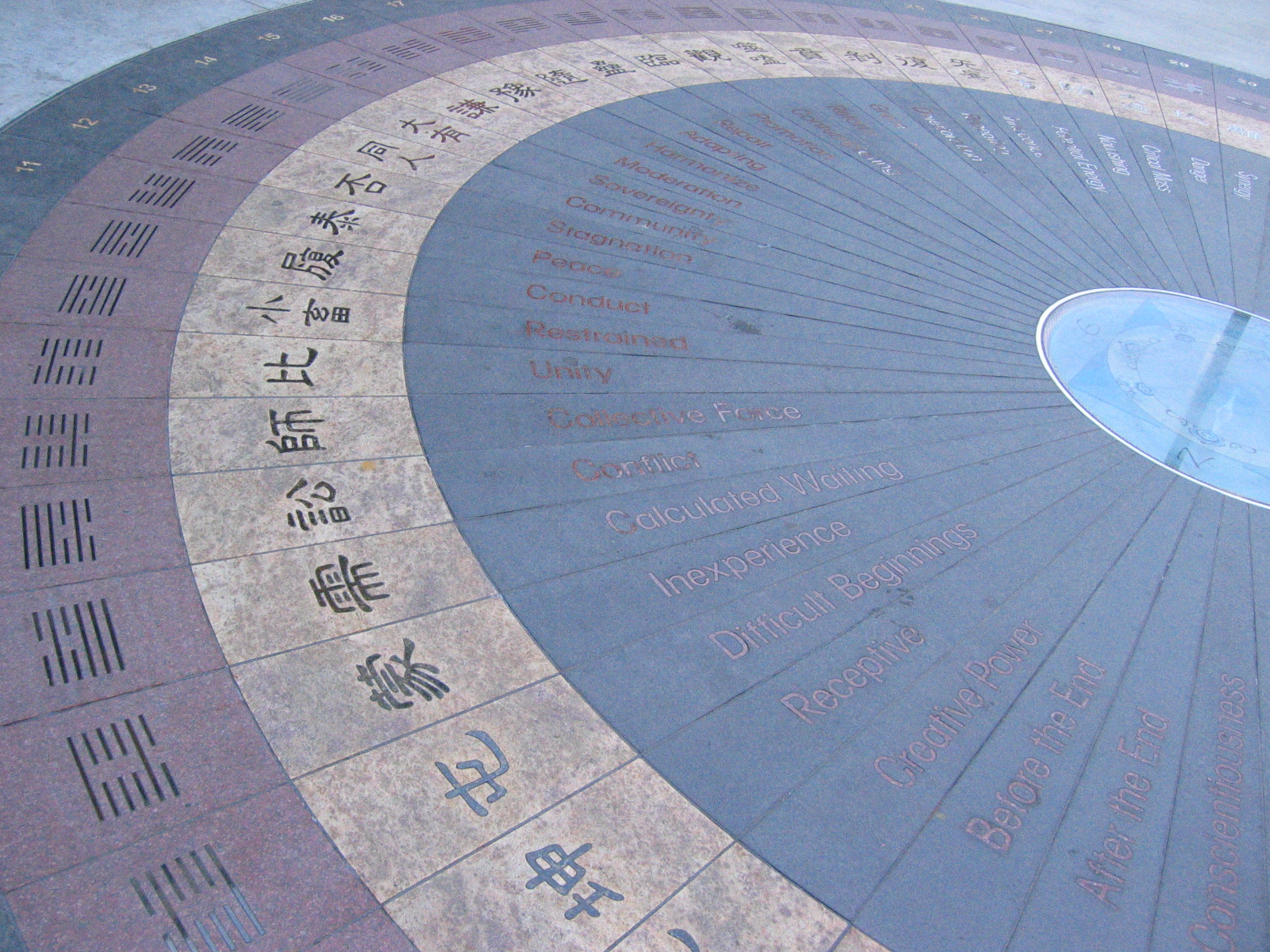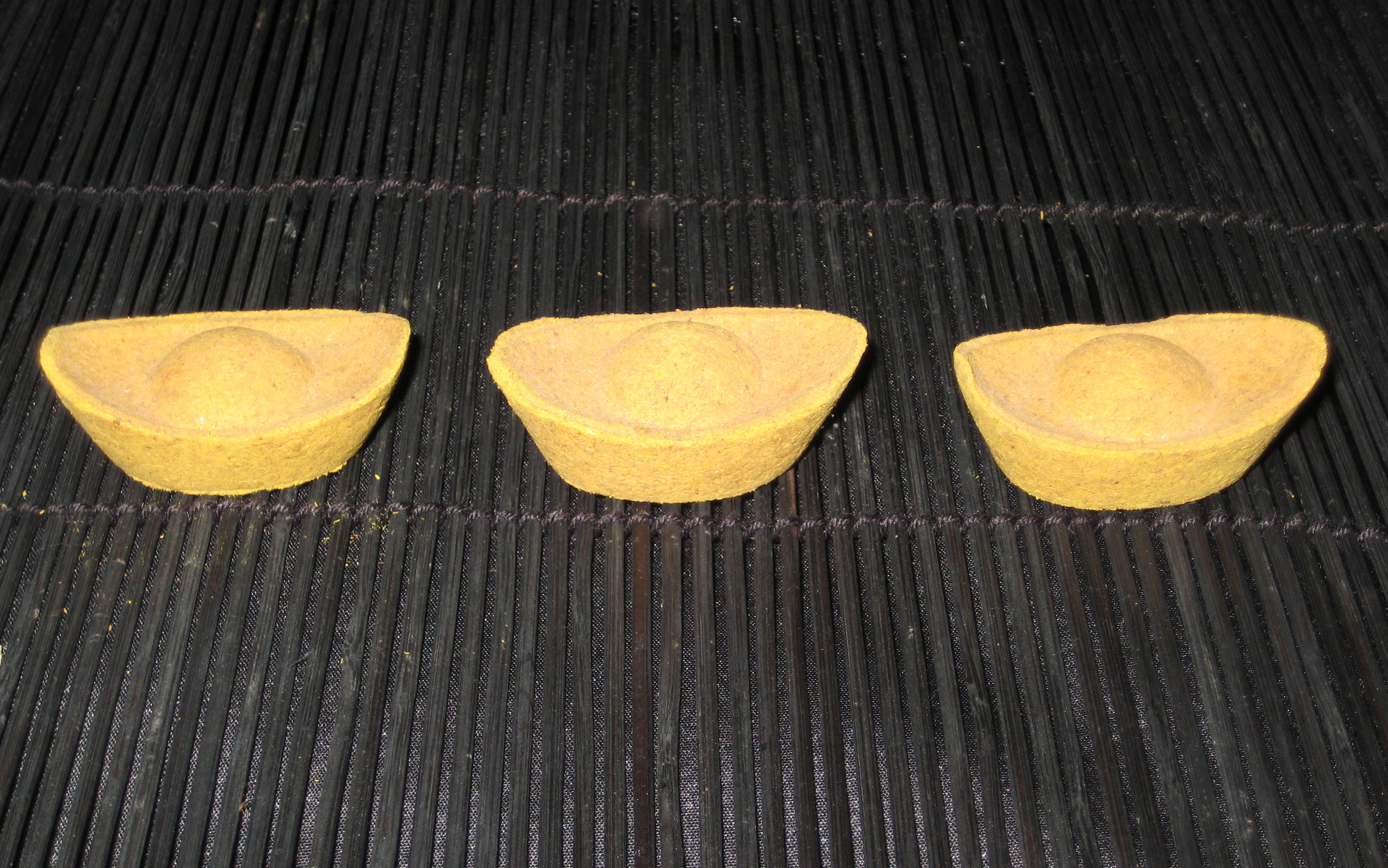Feng shui
Enlarge text Shrink text- Encarta world Eng. dict.(feng shui: The Chinese system that studies people's relationships to the environment in which they live, esp. their dwellings or workspace, in order to achieve maximum harmony with the spiritual forces perceived to influence all places.)
Feng shui ( or ), sometimes called Chinese geomancy, is a traditional form of geomancy that originated in Ancient China and claims to use energy forces to harmonize individuals with their surrounding environment. The term feng shui means, literally, "wind-water" (i.e., fluid). From ancient times, landscapes and bodies of water were thought to direct the flow of the universal Qi – "cosmic current" or energy – through places and structures. More broadly, feng shui includes astronomical, astrological, architectural, cosmological, geographical, and topographical dimensions. Historically, as well as in many parts of the contemporary Chinese world, feng shui was used to choose the orientation of buildings, dwellings, and spiritually significant structures such as tombs. One scholar writes that in contemporary Western societies, however, "feng shui tends to be reduced to interior design for health and wealth. It has become increasingly visible through 'feng shui consultants' and corporate architects who charge large sums of money for their analysis, advice and design." Feng shui has been identified as both non-scientific and pseudoscientific by scientists and philosophers, and it has been described as a paradigmatic example of pseudoscience. It exhibits a number of classic pseudoscientific aspects, such as making claims about the functioning of the world that are not amenable to testing with the scientific method.
Read more on Wikipedia >
 Topic
Topic





